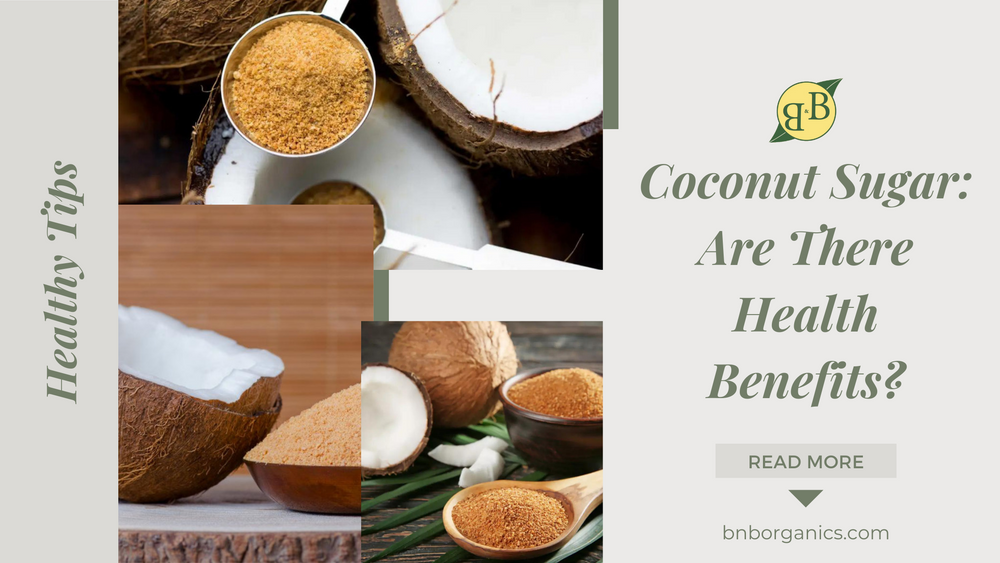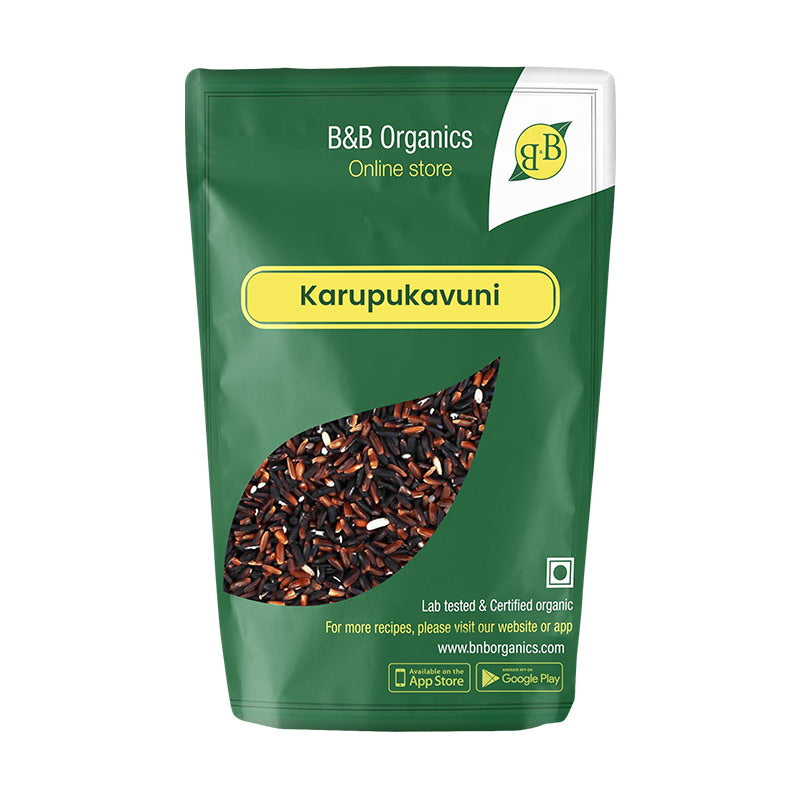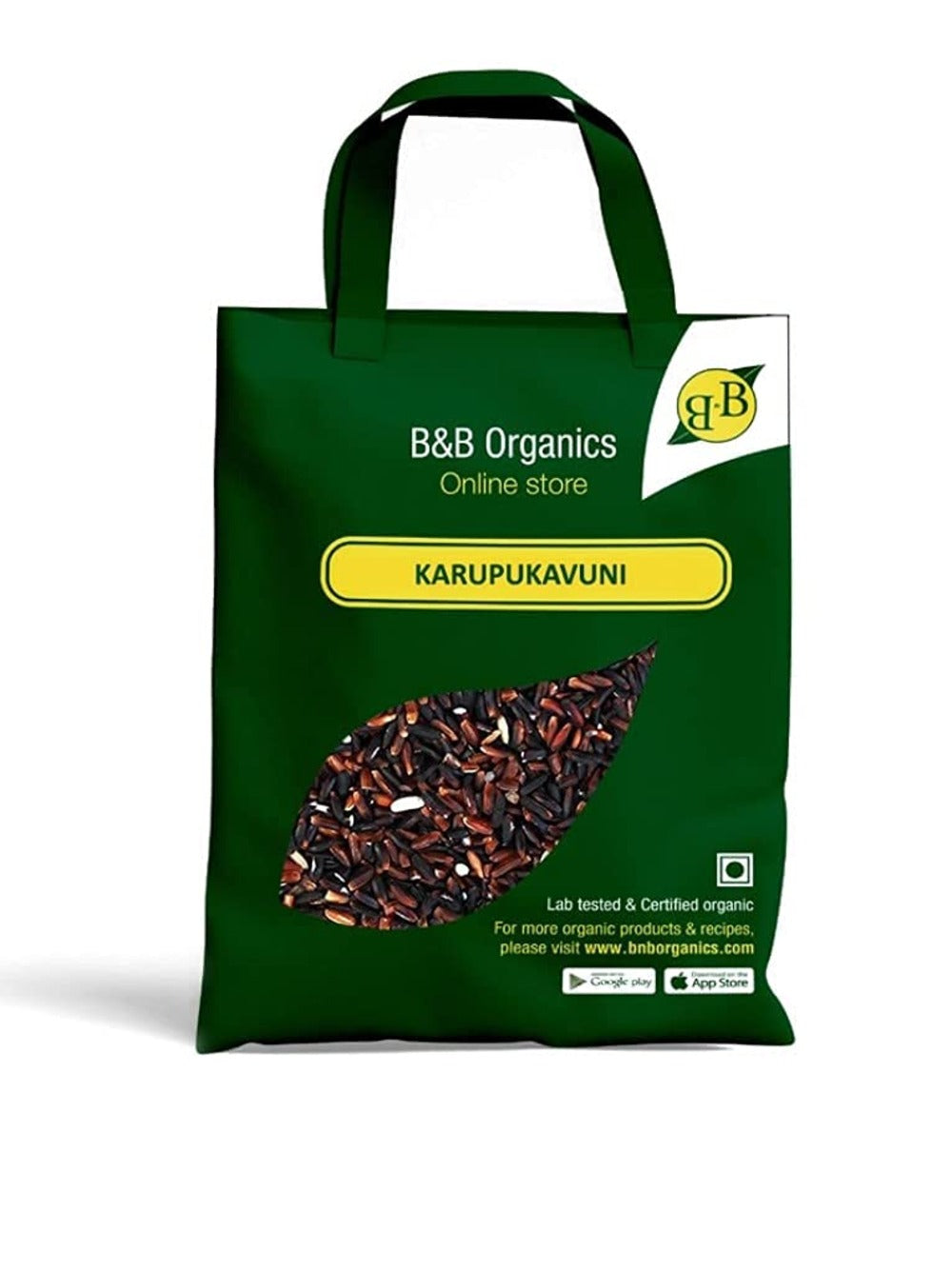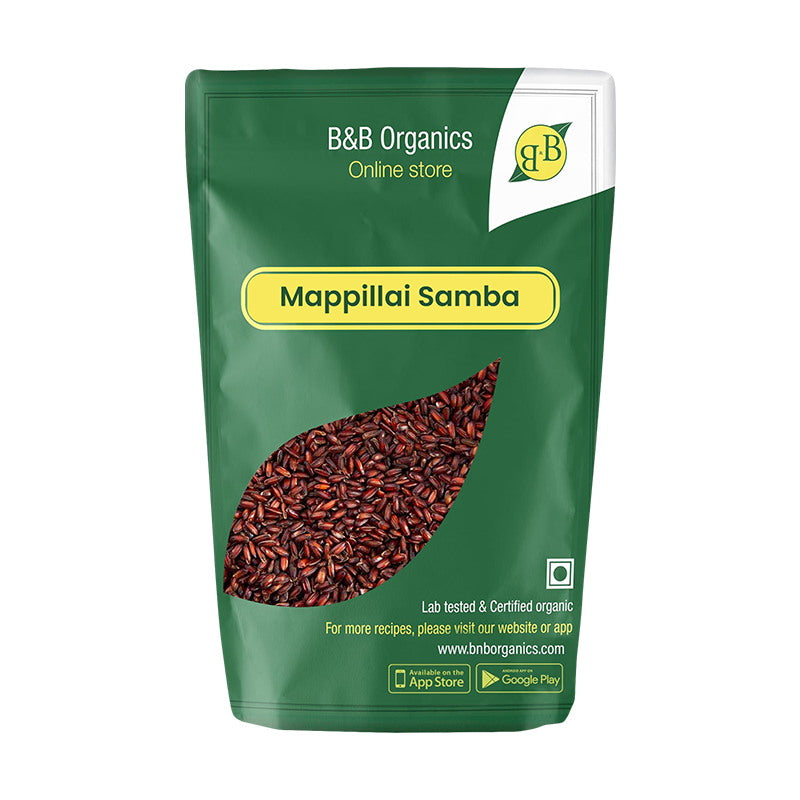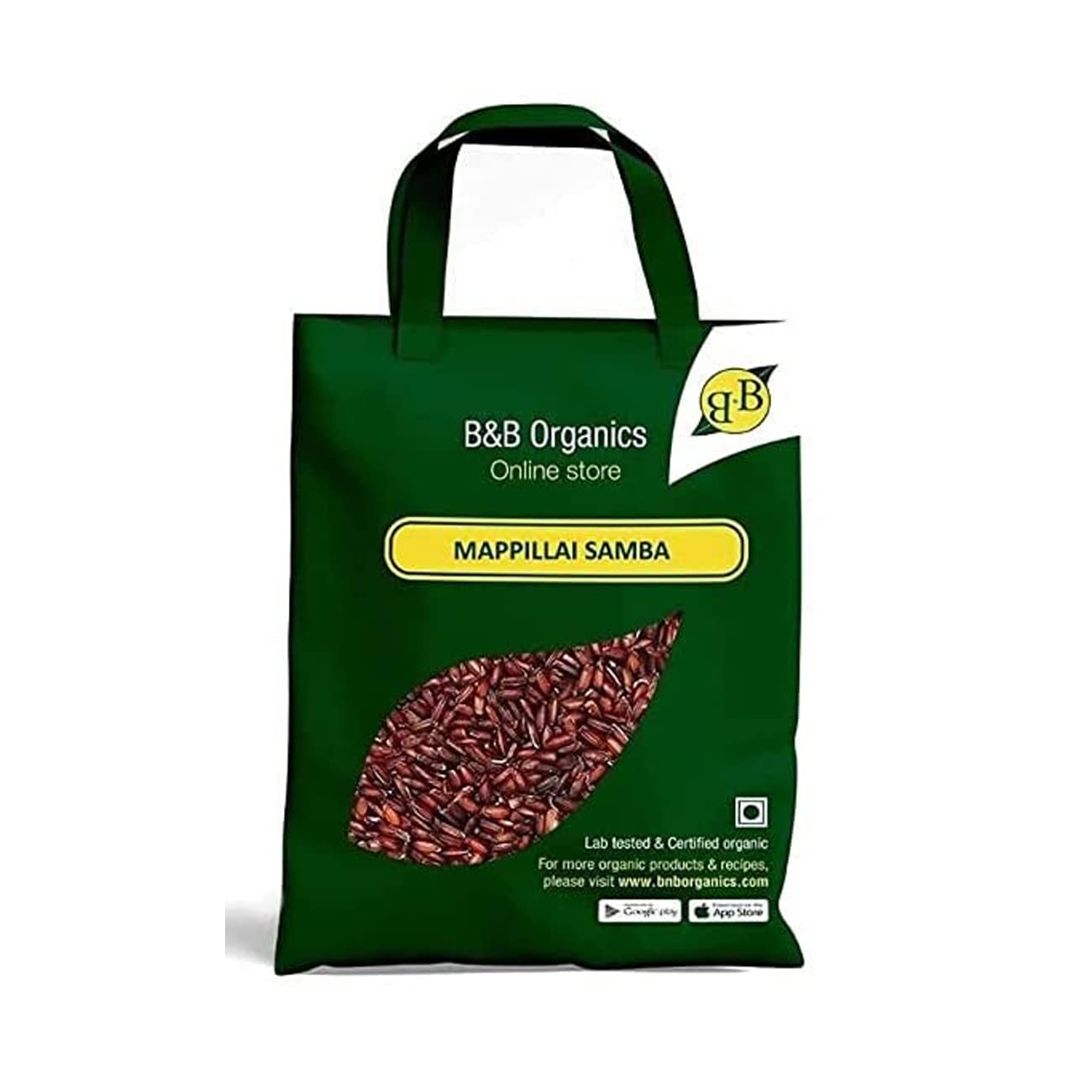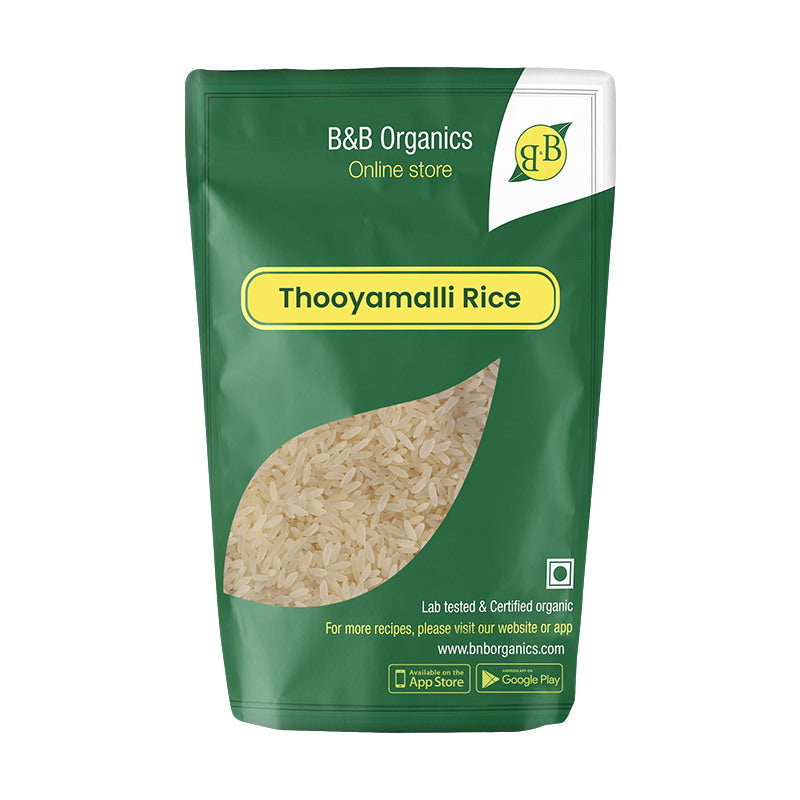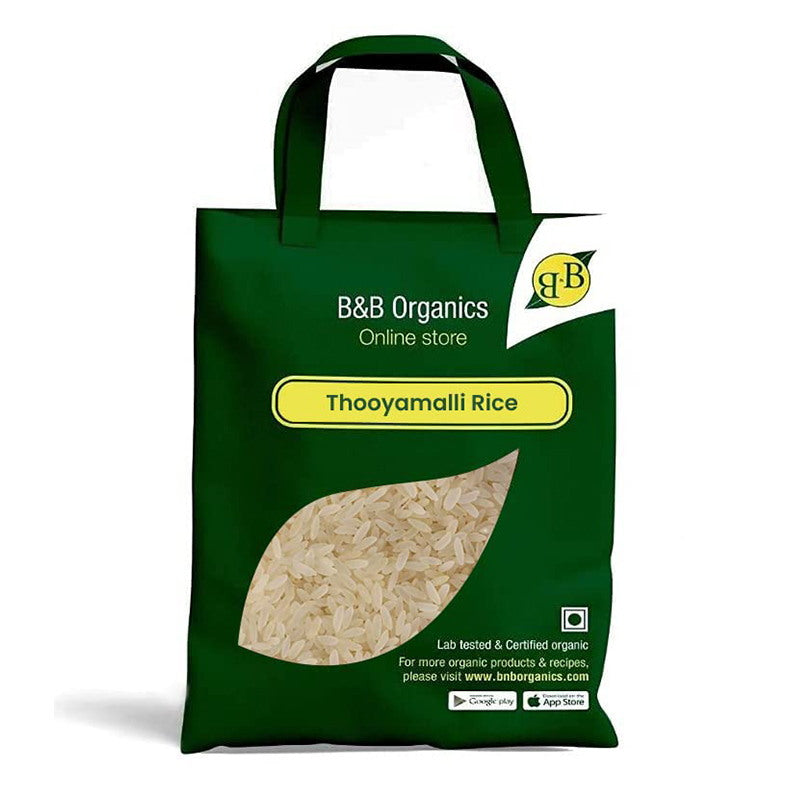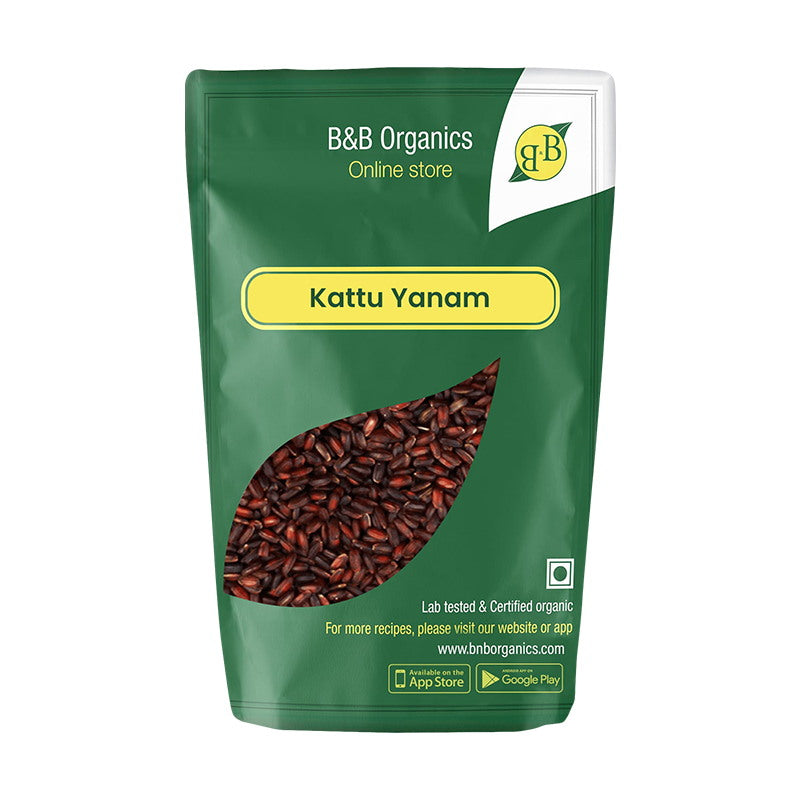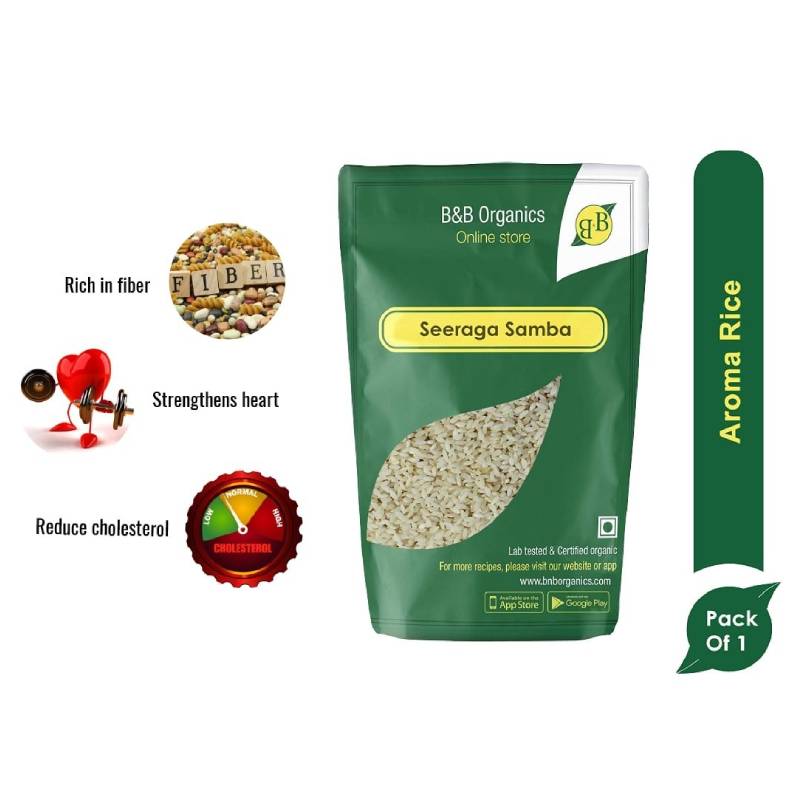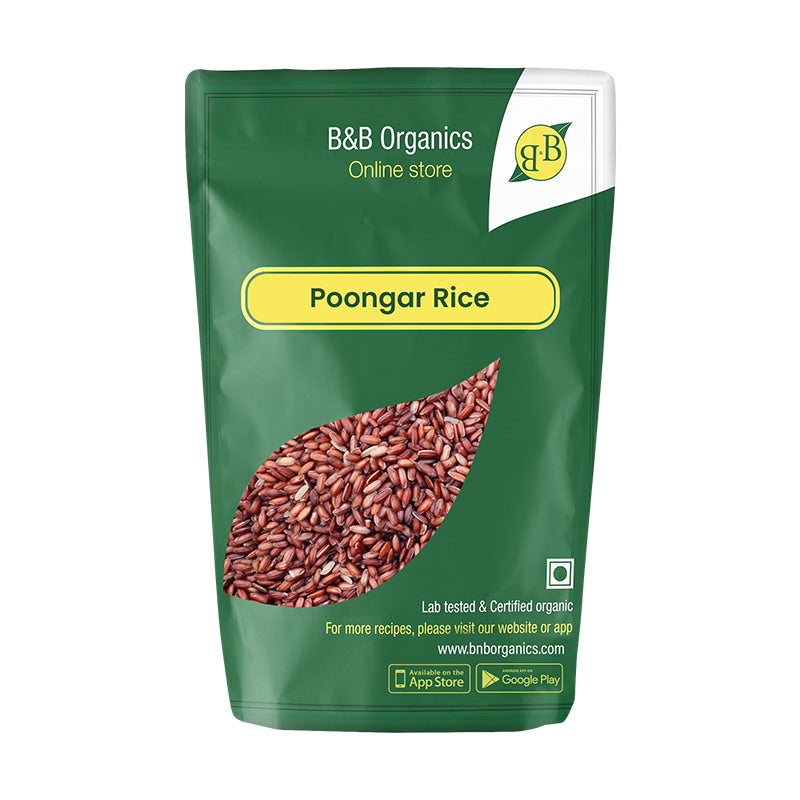Coconut sugar, also recognized as coconut palm sugar, is made from the sap of the coconut palm tree, not the coconut itself.
Coconut palm sap is cultivated by slashing into the tree's flower-bud culm to obtain the nectar. The sap is mixed with water by the makers, who would then

heat it up into a syrup and allow it to cool and coagulate. The dried sap is then broken into sugar granules that imitate cane or table sugar.
Coconut sugar is a famous sugar substitute in so many vegetarian diets as it is plant-based and highly processed. Some people seem to believe that coconut sugar is more nutritional than normal table sugar as it is a plant-based, natural substance. In terms of nutrients and calories, coconut sugar is in fact very comparable to usual cane sugar.
Nutritional Facts:
Iron, zinc, calcium, and potassium are the primary essential nutrients found in the coconut palm and are maintained in coconut sugar. Coconut sugar does not comprise sufficient of these nutrient content for every serving to offer a tangible benefit, even though it can endorse the body in a number of aspects. The soluble fiber inulin, which has been connected to a reduced risk of spikes in blood sugar, is also prevalent in coconut sugar.
A teaspoon of coconut sugar contains the following ingredients:
- 18 calories
- 0 g protein
- 0 g of fat
- 5 g carbs
- 0 g fiber
- 5 g sugar
Coconut Sugar's Health Benefits:
Coconut sugar may have a few health advantages, but it's mainly a sugar substitute and is lacking in nutrients.
Even so, it could:
Avoid low blood sugar:

Glucose is the body's primary source of energy. Coconut sugar, like cane sugar and brown sugar, can aid in enhancing blood sugar spikes and preventing diseases like hypoglycemia or low blood sugar.
Hypoglycemia:
It may cause you to feel ravenous, weak, perspiring, woozy, or nauseous. Seizures and comas are likely alternatives. Coconut sugar is the best choice whether you're glancing for an organic, plant-based sweetener to preserve your blood sugar levels and activity levels.
Reduced likelihood of a blood glucose spike:
A tiny quantity of inulin, a form of soluble fiber that can decrease the possibility of spikes in blood glucose after meal options, is visible in coconut sugar for every serving. People with diabetes may choose inulin-containing foods as healthier options.
Coconut sugar's possible risks include:

Coconut sugar is high in calories despite it having very little fiber, antioxidants, or mineral deposits. The quantity of coconut sugar you need to consume in order for the body to utilize this nutrition might probably outweigh any nutrient benefits.
When it comes to usage guidelines, nutrition experts usually treat coconut sugar like normal table sugar. Coconut sugar won't decrease the number of calories in a dish as one teaspoon of cane sugar has 16 calories.
Healthy Substitutes:
Fruit juice and fruit may be your best choice if you're concerned that you're ingesting too much-added sugar while still needing to make delicious beverages or food. Try adding a few bananas or apple juice to your rolled oats for a sweet taste, for example. Alternatively, you could splash a few seltzer glasses of water with fruit juice.
It may also be a great idea to incorporate other sugar substitutes, such as spices like cinnamon, vanilla extract, or other natural ingredients like almond extract or cocoa powder.


